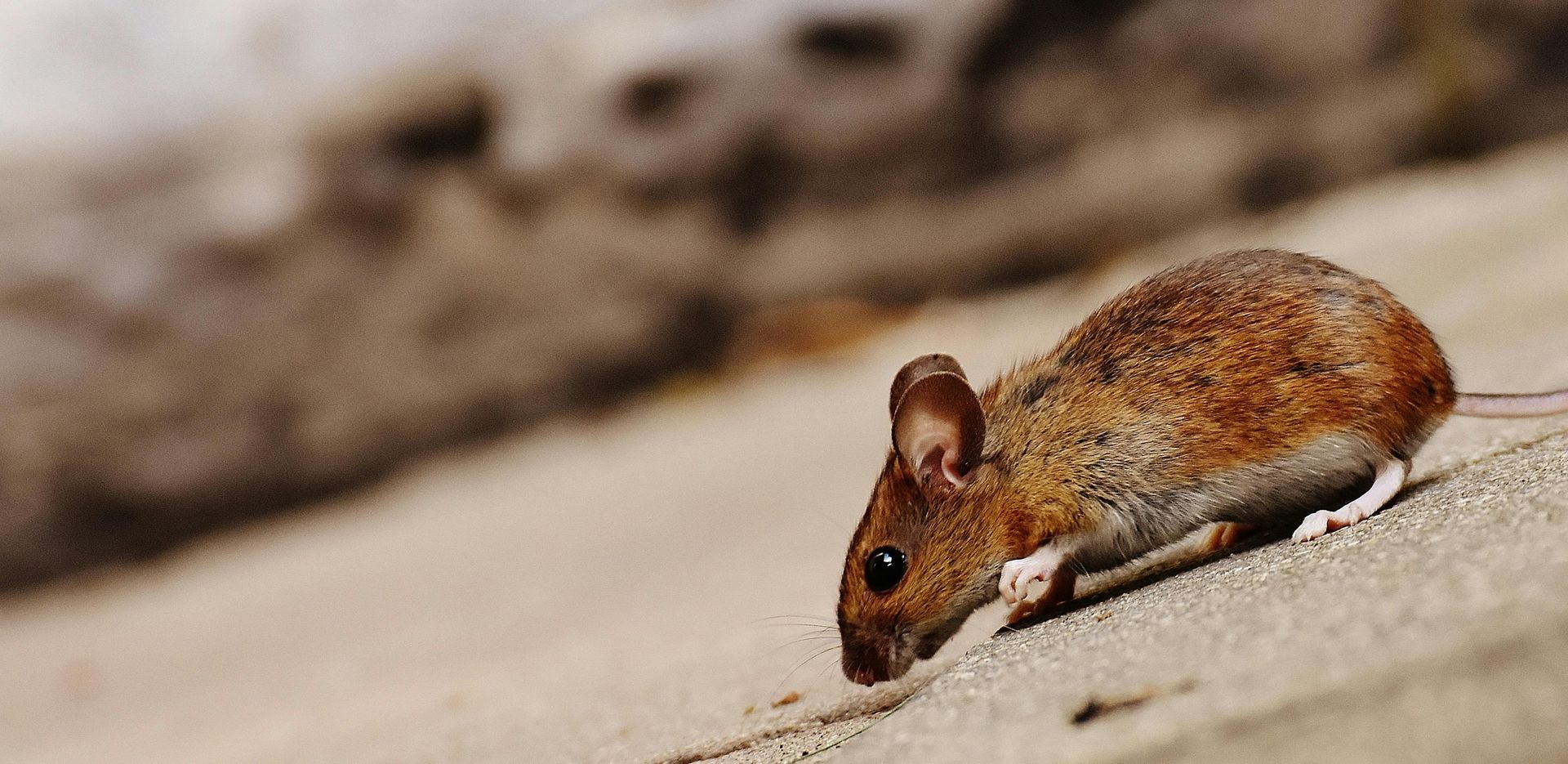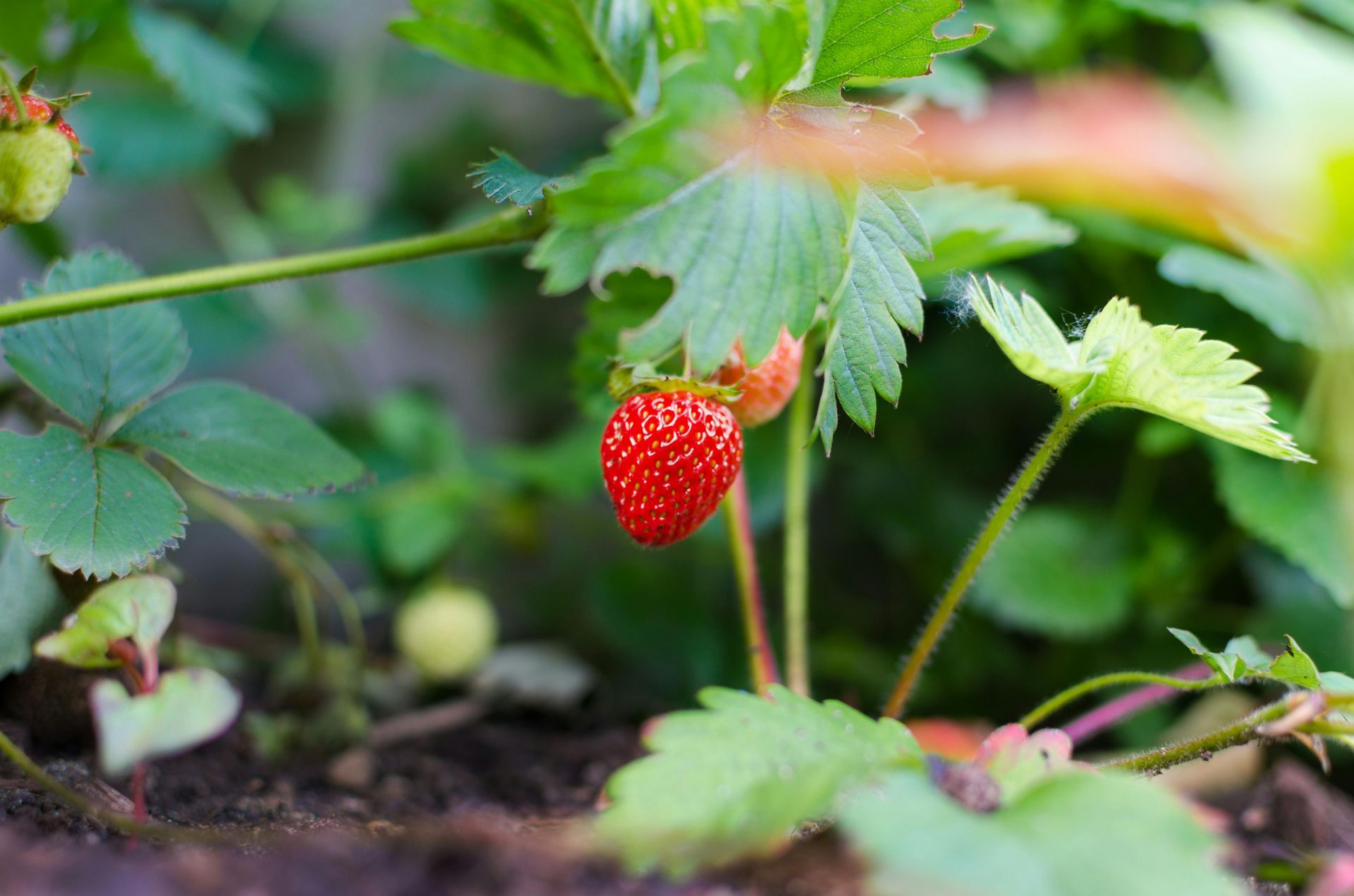Eco-Friendly Pest Control Strategies for Nevada Gardens in Spring
As gardens in Nevada awaken with the warmer temperatures of spring, they become bustling ecosystems where plants, pollinators, and unfortunately, pests thrive. The delicate balance of these garden ecosystems calls for pest control measures that are both effective and environmentally friendly. Discerning gardeners in Nevada have an array of eco-friendly strategies at their disposal to protect their verdant spaces this spring. From integrated pest management practices designed to work with Nevada's unique flora to the use of pest-deterring plants, these methods safeguard gardens without disrupting the natural order or causing harm to the environment.
Integrated Pest Management in Nevada
Integrated Pest Management (IPM) is a comprehensive approach that combines various environmentally sensitive methods for managing pests. This sustainable strategy focuses on long-term prevention and control through a combination of techniques such as biological controls, habitat manipulation, and the use of resistant plant varieties. The foundation of IPM is understanding the pest species, their life cycles, and how they interact with the environment.
Biological Controls: Utilizing Natural Predators
One cornerstone of IPM is the use of biological controls, which involves inviting or introducing natural predators into the garden to keep pest populations in check. Beneficial insects like ladybugs and lacewings prey on common garden pests such as aphids and mites. Planting flowers like marigolds and cosmos can attract these helpful allies to the garden.
Habitat Manipulation to Deter Pests
Altering the garden habitat can create less favorable conditions for pests and more favorable conditions for beneficial insects. Practices such as crop rotation and interplanting can confuse pests and make it harder for them to establish a presence. Adding structures like birdhouses and bat boxes encourages natural pest predators to take up residence in the garden vicinity.
Choosing Pest-Resistant Plants
Selecting plant varieties that are resistant to pests is another proactive measure. Many native Nevada plants have evolved to be less susceptible to local pests. Drought-tolerant species, which are well-adapted to Nevada's climate, tend to be hardier and more resistant to pest issues.
Natural and Organic Pesticides
When pest populations exceed manageable levels, natural and organic pesticides can be effective without the harsh side effects of synthetic chemicals. Products like neem oil, insecticidal soaps, and diatomaceous earth provide targeted pest control and degrade quickly, reducing the impact on non-target organisms and the environment.
Companion Planting for Pest Control
Companion planting is a tried and true method used by gardeners who wish to deter pests naturally. Certain plants can repel specific pests; for example, planting garlic near roses can help deter aphids, while basil planted among tomatoes can ward off thrips and flies. This method not only fosters a diverse garden but can also enhance the flavor and growth of some vegetables.
Proper Watering and Soil Health
Overwatering and poor soil health can lead to pest problems. Nevada's dry climate means that water management is crucial for maintaining a healthy garden. Drip irrigation systems conserve water and limit the spread of waterborne pests and diseases. Ensuring the soil is rich in organic content with proper drainage can also discourage many pest infestations.
Mechanical and Physical Pest Barriers
Mechanical barriers such as row covers, nettings, and collars around plants can physically block pests from reaching the plants. These methods are particularly useful in protecting young seedlings and vulnerable plants during critical growth periods.
Regular Monitoring and Timely Intervention
Consistent monitoring of the garden for pest activity is a critical component of IPM. Identifying pest problems early allows for more targeted and less invasive interventions. Regular inspection of plants, along with knowledge of pest lifecycles, can help determine the most opportune times for control measures.
Plant Health as a Priority
Healthy plants are less susceptible to pest attacks. Maintaining plant vigor through proper fertilization, pruning, and spacing can help plants resist pests naturally. Stressed plants, whether from nutrient deficiencies, overcrowding, or damage, are more likely to attract and succumb to pests.
Encouraging a Balanced Ecosystem
Striving for a balanced garden ecosystem is vital in eco-friendly pest management. Biodiversity in the garden ensures that no single pest species can dominate and simplifies the task of pest control. Inviting a variety of plant species, insects, birds, and other wildlife creates a robust environment where pests are less likely to cause significant damage.
Gardeners in Nevada can embrace spring with enthusiasm, knowing they have a multitude of eco-friendly strategies to keep their gardens healthy and pest-free. Through the smart application of IPM principles, the selection of pest-resistant plants, and a commitment to fostering garden biodiversity, pests can be managed sustainably. These approaches not only preserve the blooming beauty of Nevada gardens but also protect the broader ecosystem, ensuring that both plants and pollinators can prosper throughout the spring and beyond. Embracing these methods aligns with a growing environmental consciousness and represents a continuation of the deeply rooted connection between Nevadans and their diverse and vibrant landscapes.
Ready to embrace eco-friendly pest control in your garden this spring? Our team is here to help you implement effective Integrated Pest Management strategies tailored to your unique garden needs. From selecting the right plants to natural pest deterrents, we've got you covered. Contact us to get started today. Let's work together for a healthier, pest-free garden!




